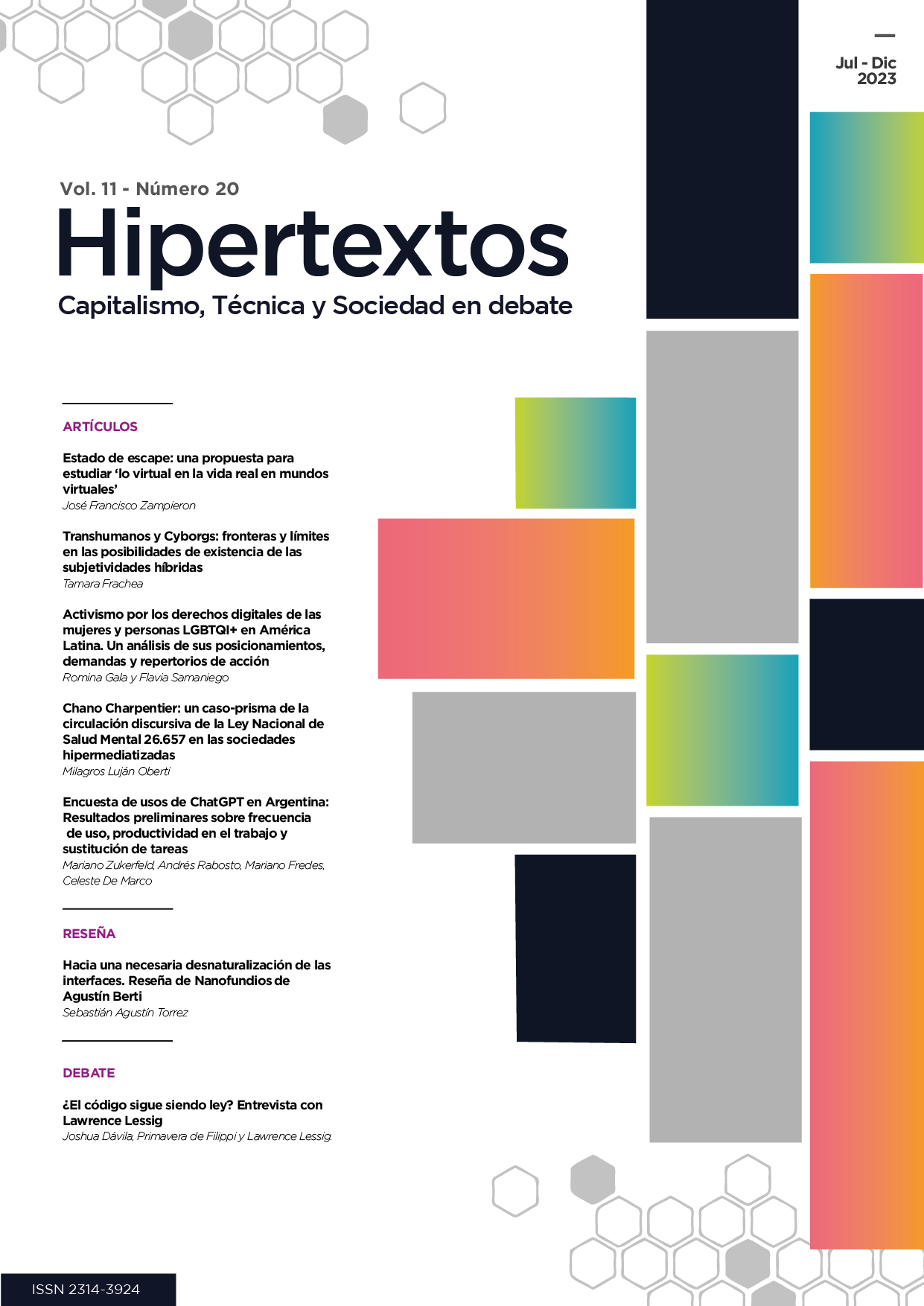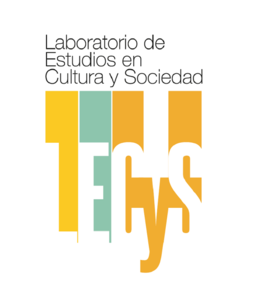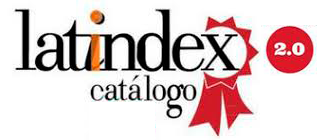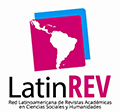Chano Charpentier: a case-prism of the discursive circulation of the National Mental Health Law 26,657 in hyper-mediatized societies
DOI:
https://doi.org/10.24215/23143924e074Keywords:
mental health, mass media and new internet-based media, hypermedia circulation theory, National Mental Health Law 26,657, Chano CharpentierAbstract
The objective of this work is to account for the process of discursive production and contemporary circulation that occurs in the mass media and the new media based on the Internet, regarding mental health and particularly National Law 26,657. To this end, the events reported in the media between July 25 and August 12, 2021 related to Santiago Moreno Charpentier, better known as Chano, who, after going through an episode of subjective crisis, generated multiple debates of social interest. In the media. We understand the case of Chano Charpentier as a privileged case-prism or analyzer that allows us to reflect, refract and break down an urgent issue-problem for society such as mental health, by presenting traits that make him a privileged analyzer: a protagonist of public interest, debates that contribute to the construction and support of the media discourse of the political rift; and it brings together topics such as violence, the police, the place of institutions, addictions and mental health. It admits to study contemporary culture characterized by circulation processes in a hyper-mediatized society and to investigate communication practices and discursive productions regarding the regulations of interest. The research methodology used for this work takes up the contributions of discourse analysis and sociosemiotics (Verón, 1987) and uses the tools of the hypermedia circulation theory (Carlón, 2015, 2021). Likewise, the current debates regarding the processes of medicalization in the 21st century are resumed (Bianchi, 2019a).
Downloads
References
Bianchi, E. (2019). ¿De qué hablamos cuando hablamos de medicalización? Sobre adjetivaciones, reduccionismos y falacias del concepto en ciencias sociales. RELMECS, 9(1), 1-24. https://doi.org/10.24215/18537863e052
Bianchi, E. (2019). Ciencias sociales, salud mental y control social. Notas para una contribución a la investigación. Revista Salud Mental y Comunidad, (7), 12-28.
Bianchi, E., Faraone, S. A., Oberti, M. L. y Leone, C. (2020). Medicalización como problema de salud internacional. La prensa escrita online sobre TDAH en Argentina (2001-2017). Astrolabio, (24), 17–51. https://doi.org/10.55441/1668.7515.n24.24961
Carlón, M. (2015). Público, privado e íntimo: el caso Chicas bondi y el conflicto entre derecho a la imagen y libertad de ex-presión en la circulación contemporánea. En P. C. Castro (Org.), Dicotomia público/privado: estamos no caminho certo? (pp. 211-232). EDUFA.
Carlón, M. y Scolari, C. (2009). El fin de los medios masivos. El comienzo de un debate. La Crujía.
Carlón, M. (2021). Circulación del sentido y construcción de colectivos en una sociedad hipermediatizada. Nueva Editorial Universitaria.
Conrad, P. (2007). The Medicalization of Society: On the Transformation of Human Conditions into Treatable Disorders. Johns Hopkins University Press.
Conrad, P. (2013). Medicalization: Changing contours, characteristics, and contexts. En W. Cockerham (Ed.), Medical Sociology on the Move: New Directions in Theory. Springer.
Conrad, P. y Bergey, M. (2014). The impending globalization of ADHD: Notes on the expansion and growth of a medicalized disorder. Social Science and Medicine, 122, 31-43. https://doi.org/10.1016/j.socscimed.2014.10.019
Conrad, P. y Rondini, A. (2010). The Internet and Medicalization. Reshaping the Global body and Illness. En E. Ettorre (Ed.), Culture, Bodies and the Sociology of Health. Ashgate.
Faraone, S. (2012). El acontecimiento de la ley nacional de salud mental. Los debates en torno a su sanción. Revista Debate Público. Reflexión de Trabajo Social, (4), 47-61.
Fraticelli, D. (2012). El arte de las parodias en YouTube. El caso Trololo. En M. Carlón y C. Scolari (Comps.), Colabor_arte. Medios y artes en la era de la producción colaborativa. La Crujía.
Honorable Congreso de la Nación (2010). Ley Nacional de Salud Mental, Ley Nº 26.657, 25 de noviembre.
Oberti, M. L. (2023). Aportes para abordar el campo de la salud mental desde la perspectiva de los estudios, preguntas y problemas de la comunicación social y la cultura. Salud Mental y Comunidad, (14), 105-109.
Poblet Machado, M. A., Oberti, M. L., Faraone, S. y Bianchi, E. (2021). Derribando mitos. Una contribución a la problematización en torno a la ley nacional de salud mental. Revista Debate Público. Reflexión de Trabajo Social, (22), 221-232.
Verón, E. (1987). La semiosis social. Gedisa.
Verón, E. (1997). Esquema para el análisis de la mediatización. Diálogos de la Comunicación, 48, 9-17.
Verón, E. (1998). Mediatización de lo político. Estrategias, actores y construcción de los colectivos. En G. Gauthier, A. Gosselin y J. Mouchon (Comps.), Comunicación y Política. Gedisa.
Verón, E. (2007). Semiótica come sociosemiótica. Intervista a cura di Carlos Scolari. En C. Scolari y P. Bertetti (Eds.), Me-diamerica. Semiotica e analisi dei media a America Latina. Cartman Edizioni.
Verón, E. (2013). La semioses social, 2. Ideas, Momentos, Interpretantes. Paidós.
Downloads
Published
How to Cite
Issue
Section
License

This work is licensed under a Creative Commons Attribution-NonCommercial-NoDerivatives 4.0 International License.
























